
Study lifts lid on deadly aftermath of tropical storms
A Monash University study has revealed that there is an increased risk of dying from cardiovascular and respiratory illness for up to 30 days after a cyclone event.

A Monash University study has revealed that there is an increased risk of dying from cardiovascular and respiratory illness for up to 30 days after a cyclone event.

Early success in a close subspecies raises hope for the critically endangered animals.

Technicians have at last been able to prise open a capsule carrying a sample of dust from Bennu, which took seven months and $US1bn to return to Earth.

Measles is rapidly spreading across Europe with a 40-fold rise in cases over the past year, health chiefs have said.

Bulletin of the Atomic Scientists says world leaders are keeping humanity on the path to Armageddon.

The Australian of the Year nominee who offered himself as a test subject for an experimental brain cancer treatment has had some encouraging results.

The hit Netflix ‘documentaries’ Ancient Apocalypse and Unknown: Cave of Bones circulate unverified science, many archaeologists say.
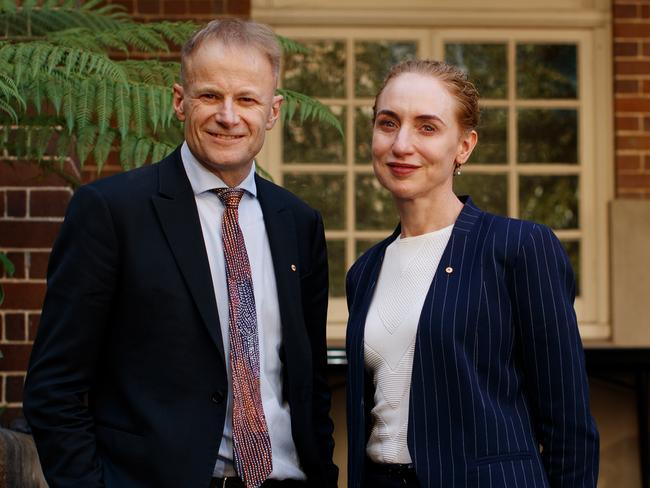
Professors Richard Scolyer and Georgina Long have worked together to advance the cause of brain cancer treatment – with Professor Scolyer as a human guinea pig.
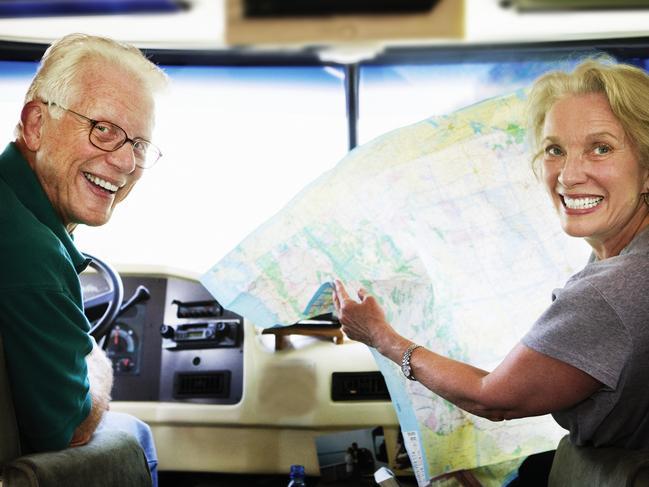
Science has already settled the age-old debate over which gender is best at navigating, but now it’s starting to know why.

Problem-solving AI hailed as a big step towards development of a ‘general intelligence’

Australian doctors have pioneered a groundbreaking ‘Google maps-like’ spatial mapping method of digital pathology that reveals the unique cellular neighbourhoods of cancer cells.

Australia’s first vaccine against the potentially deadly respiratory syncytial virus has been approved, with adults over 60 now able to be vaccinated against the contagious lower airway disease.

Scientists have unlocked the key to why people with obesity experience heart failure, opening the way for new treatments.

The Pedler children’s backyard is 3253 square kilometres of wild, red desert and is home to 67 species of reptile and NSW’s most important population of bilbies.

Out in the bush, property owners are rotating crops, using less artificial fertilisers and closely managing grazing. But the rejection of industrialised agriculture presents many challenges.
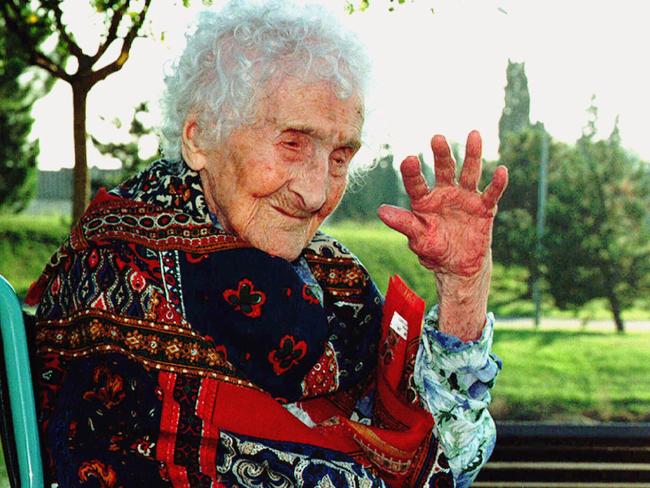
Advances in medicine and technology mean we live longer, but ageing is part of our DNA.

A landmark study in the UK has revealed widespread genetic variations that were common across some of the most deadly cancers.
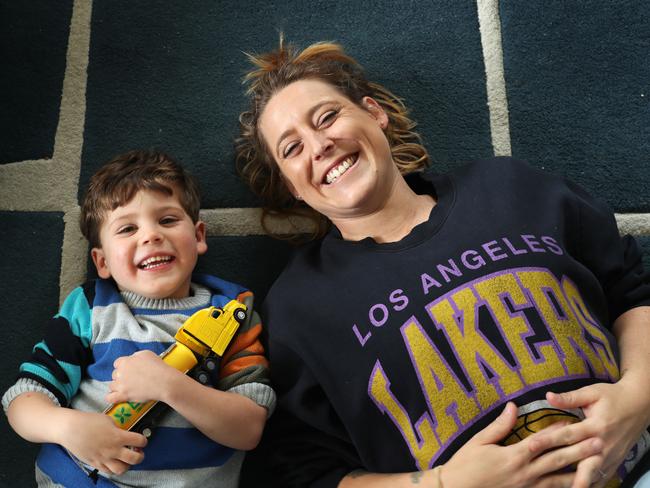
As DNA sequencing moves from the laboratory to the clinic, critically ill children will be the beneficiaries.
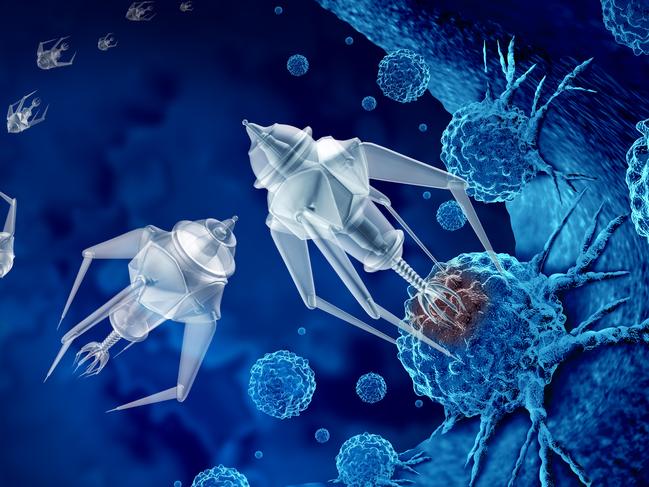
Nanotechnology will teach younger bodies to detect illnesses such as cancer, Parkinsons, heart disease and Alzheimers years before patients ever notice symptoms.

A historic private mission to land on the moon is facing near certain failure after the spacecraft suffered a ‘critical loss’ of fuel.

United Launch Alliance’s Vulcan Centaur, lifted off from Cape Canaveral Space Force Station at 6.18pm AEDT.

The technology already tested on lambs may dramatically improve the survival rates of very premature babies.

An Australian discovery may hold the key to saving the lives of women with untreatable breast cancer after identifying a crucial molecular process that results in thousands becoming resistant to treatment.

The planet Neptune has for decades been depicted in picture books and on the NASA website as a deep shade of blue, but scientists have now said this view is wrong.

With the new ban on disposable vapes in Australia kicking in, doctors are reporting that young teens are now facing the consequences of their habit.
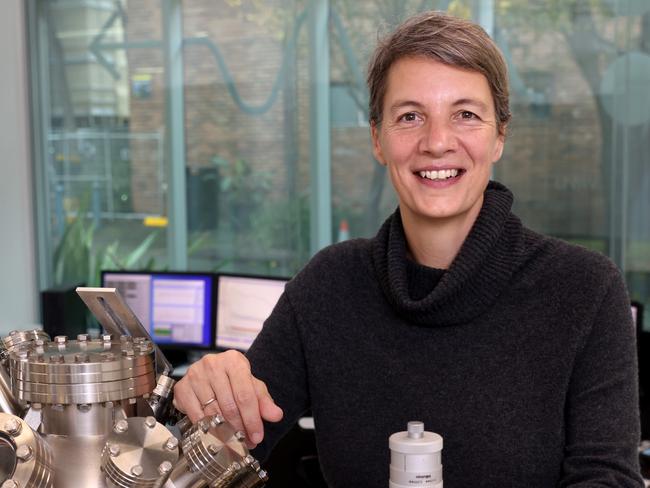
Michelle Simmons is leading the transition from the digital to the quantum age, and putting Australia at the forefront of information processing.

Poor sleep in your thirties and forties is linked to memory and thinking problems a decade later, according to new research.
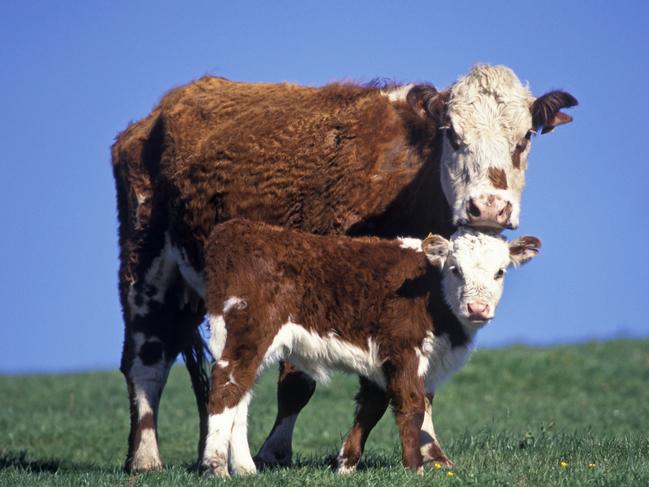
If the time and money plunged into million-dollar beef patties had been directed to renewable energy and recycling solutions, who knows what could have been achieved.

Researchers have proposed the easiest way to spot other habitable planets may be to measure what they lack, rather than what they have: specifically, carbon dioxide.

A new research shows that smart devices like Amazon’s Alexa, Apple’s Siri and Google Home could be used to combat domestic violence.
Original URL: https://www.theaustralian.com.au/science/page/9